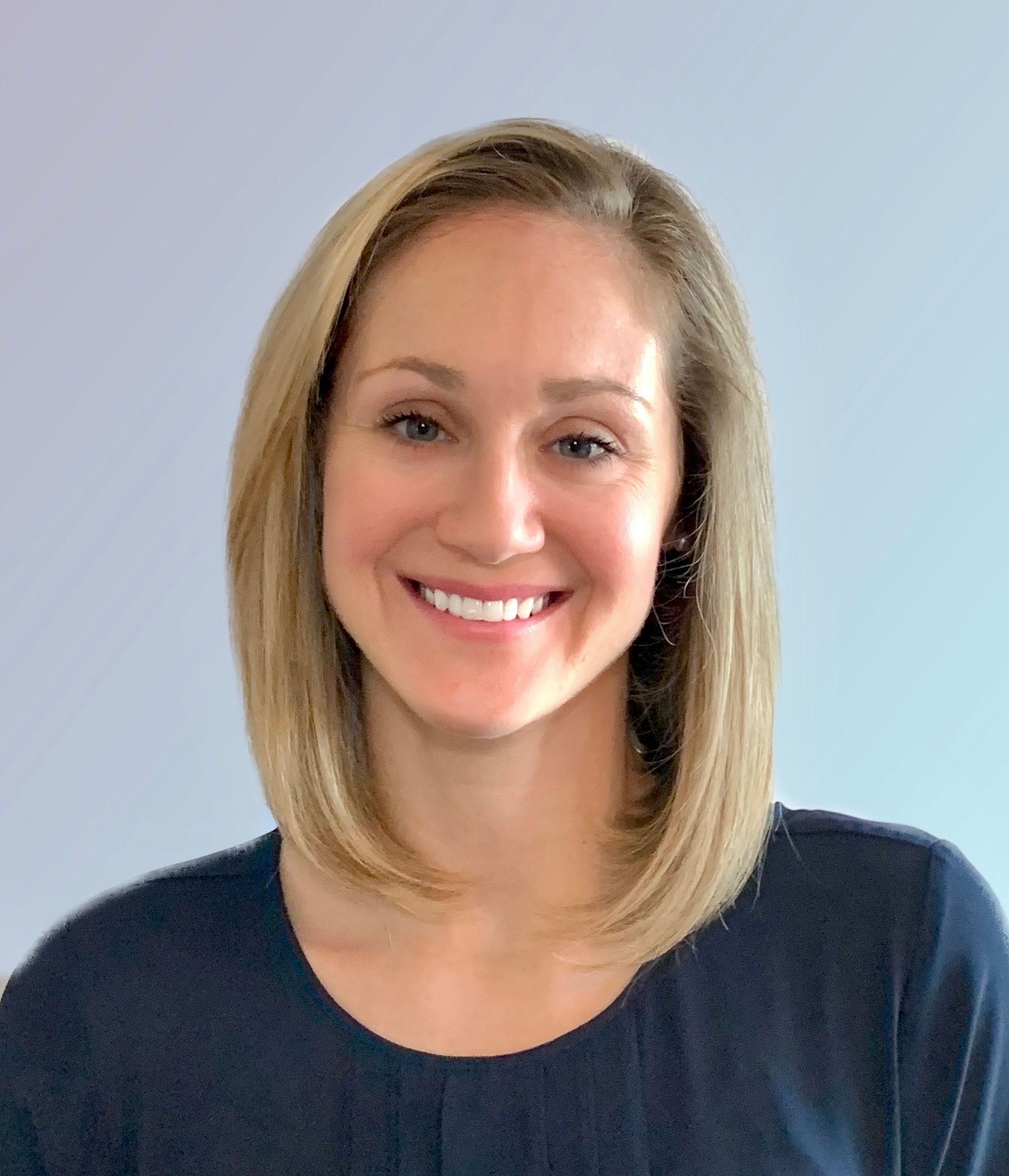Editor Spotlight: Dr. Lauren Lee

Dr. Lauren Lee is a third year Hematology/Oncology fellow at San Antonio Uniformed Services Health Education Consortium (SAUSHEC). She has an interest in academic medicine and served as the Air Force Chief of Residents for the SAUSHEC Internal Medicine Residency Program before starting her Hematology/Oncology fellowship. Her clinical interests include hematologic malignancies with a focus on hematopoietic stem cell transplantation and cellular therapies.
Dr. Lauren Lee had a vision in her head of herself as a doctor from as young as five years old. "I've always loved science, and find great joy in helping others. I volunteered at hospitals in middle and high school, and always found science fascinating and exciting. I pictured myself as a doctor for as long as I can remember."
Unfortunately, that made choosing a specialty during medical school a particularly difficult affair. It wasn't until her final rotation through internal medicine and hematology oncology that Dr. Lee found her niche. There were a lot of factors that enticed her: it allowed her to establish lifelong relationships with and provide care for some of the most vulnerable patients in medicine; the field encompassed a, "multidisciplinary effort and challenging academic research component"; and the idea of palliative care meant Dr. Lee was able to, "both treat and make [her] patients feel better, including their families."
Dr. Lee says some of the most memorable patients are those that still keep in touch with thank you notes, or those that make it out of dire circumstances. "We treated a soldier who was deployed overseas. He was transferred to us and diagnosed with acute leukemia. When he asked for a letter to help him return to military duty after being in critical care requiring life support for months, I couldn’t help but think how selfless he was. He comes back to thank us often; it's rewarding to know he is now back to helping others."
The most challenging aspects of oncology for Dr. Lee, aside from typical logistic issues, are the challenging cases that bring unexpected complications or discouraging results: "unfortunately, we cannot prevent all adverse reactions or unexpected outcomes. That's why I think it's important to share the feelings and experiences you go through as an oncologist. At the end of the day, oncology taught me that the things we worry about are marginal compared to what my patients go through. I have a greater appreciation for life and the small things."
Every month, Dr. Lee's institution takes part in a morbidity and mortality conference, which she says proves, "therapeutic. You can't save everyone, but it's good knowing we [as oncologists] aren't alone." She goes on to elaborate that after a patient's death, talking to the family provides both parties with a sense of closure.
That's important for a job that has fairly bleak figures on burnout, fatigue, and depression. According to a 2017 paper published in Psycho-Oncology by Medisauskaite et al., ">12% of oncologists screen positive for depression, many oncologists suffer from sleep deprivation, up to 30% drink alcohol in a problematic way, and up to 20% of junior oncologists use hypnotic drugs, and some frequently experience stress-induced complaints such as ulcers, gastric problems, headaches, and arrhythmia." Dr. Lee goes on to say that, "what we [as oncologists] do is tough; people die. Doctors sometimes don't seek help or talk about it. The decisions we make, we don't take lightly; I always think about what I would want to be done if I were the patient."
Dr. Lee looks to strong mentorship during her fellowship and medical school training to overcome difficult, seemingly insurmountable obstacles in medicine: "a good mentor is someone who leads by example, holds you accountable, and who you want to be like when you become a physician—someone you connect with on another level, a true leader in the field."
Additionally, Dr. Lee recommends theMednet for challenging cases and complex problems in oncology. "Because of the pace at which oncology advances, it's hard to keep up with everything. For rare cases, it's so helpful to have an expert in the field. theMednet is a great opportunity to see experts come together from many specialties to offer their opinions and experiences."
Dr. Lee was a former pole vaulter in college, so outside of work, she tries to stay active by participating in half marathons yearly; in fact, she's still able to walk completely on her hands! She says her family also contributes to a healthy work-life balance: "coming home to my two young kids, I put everything aside for them."
